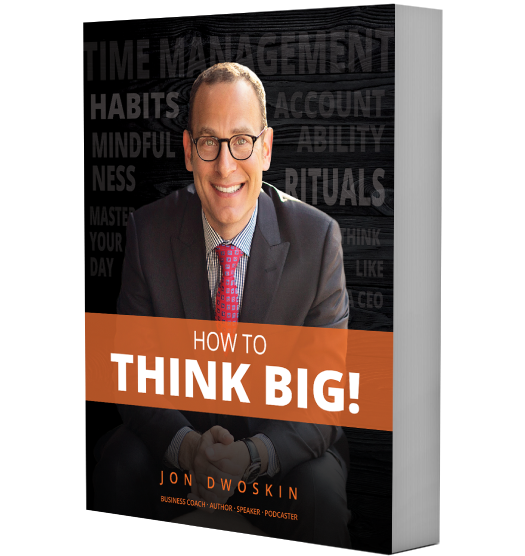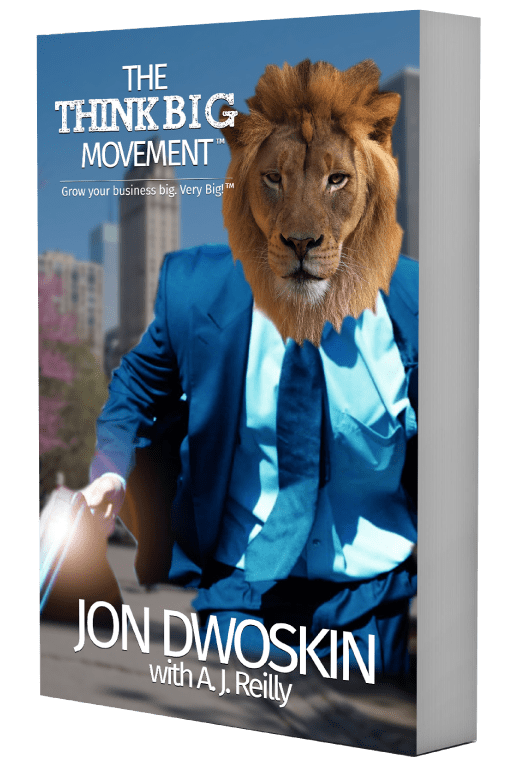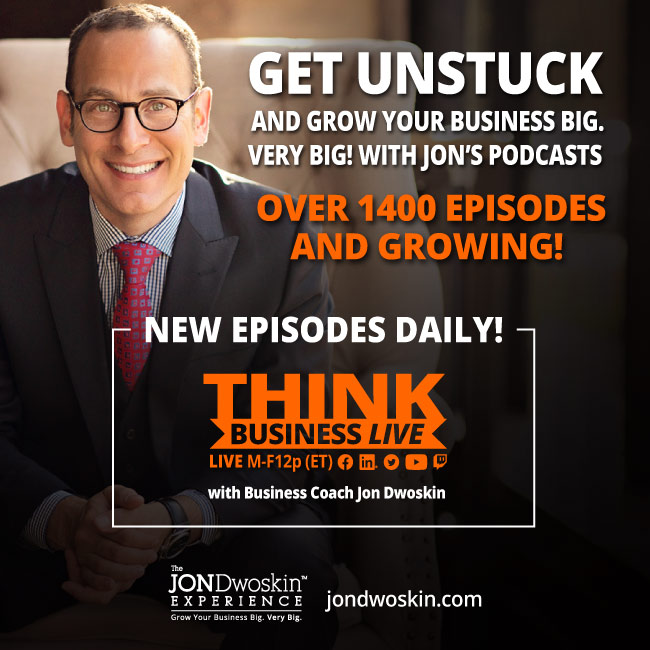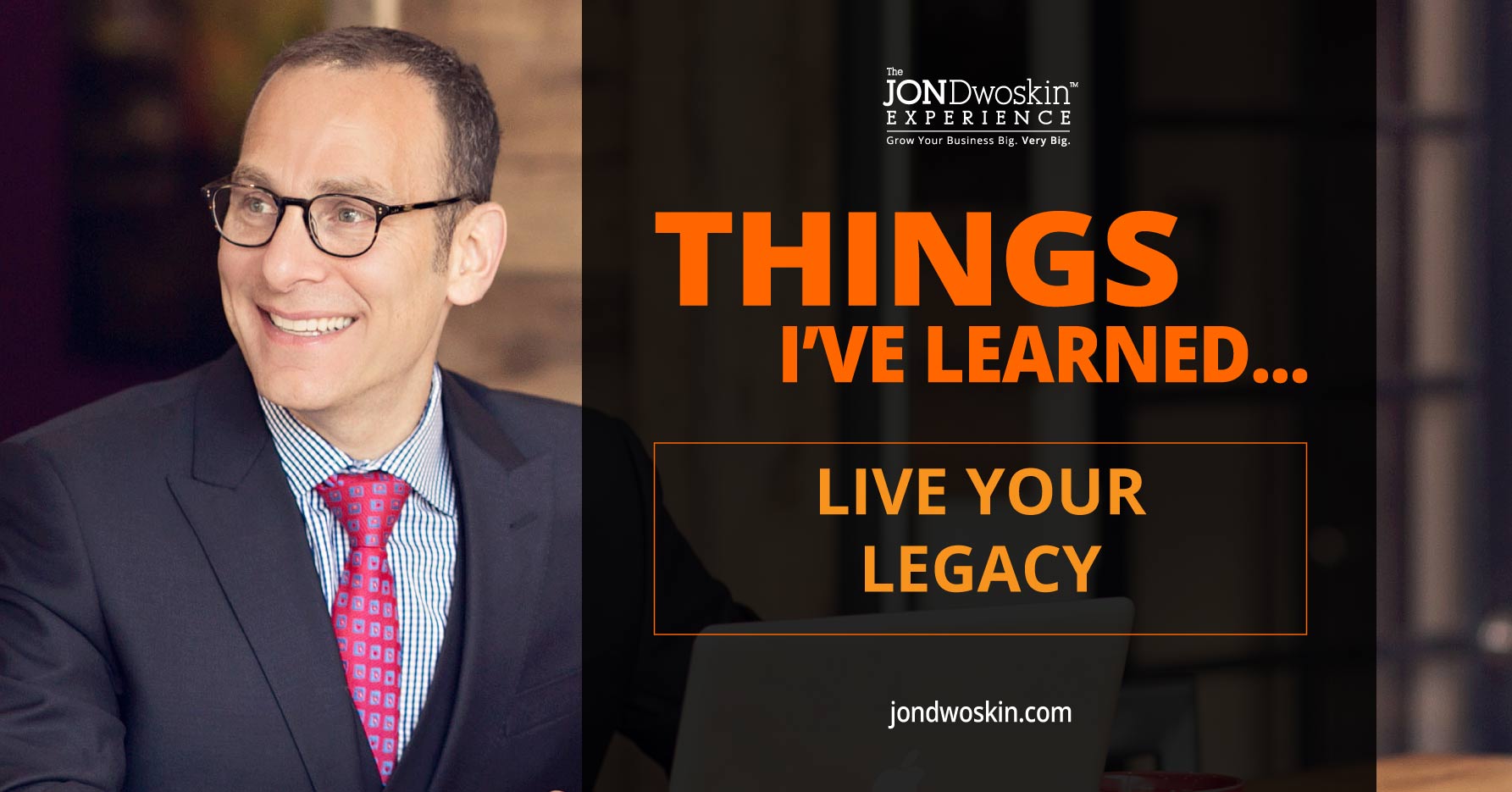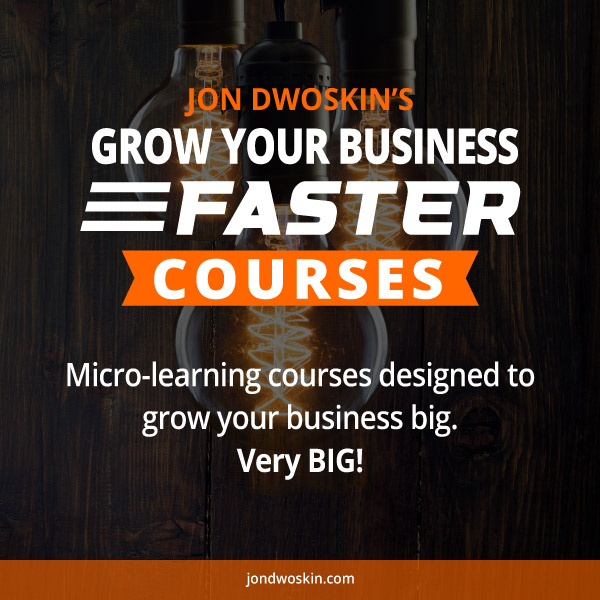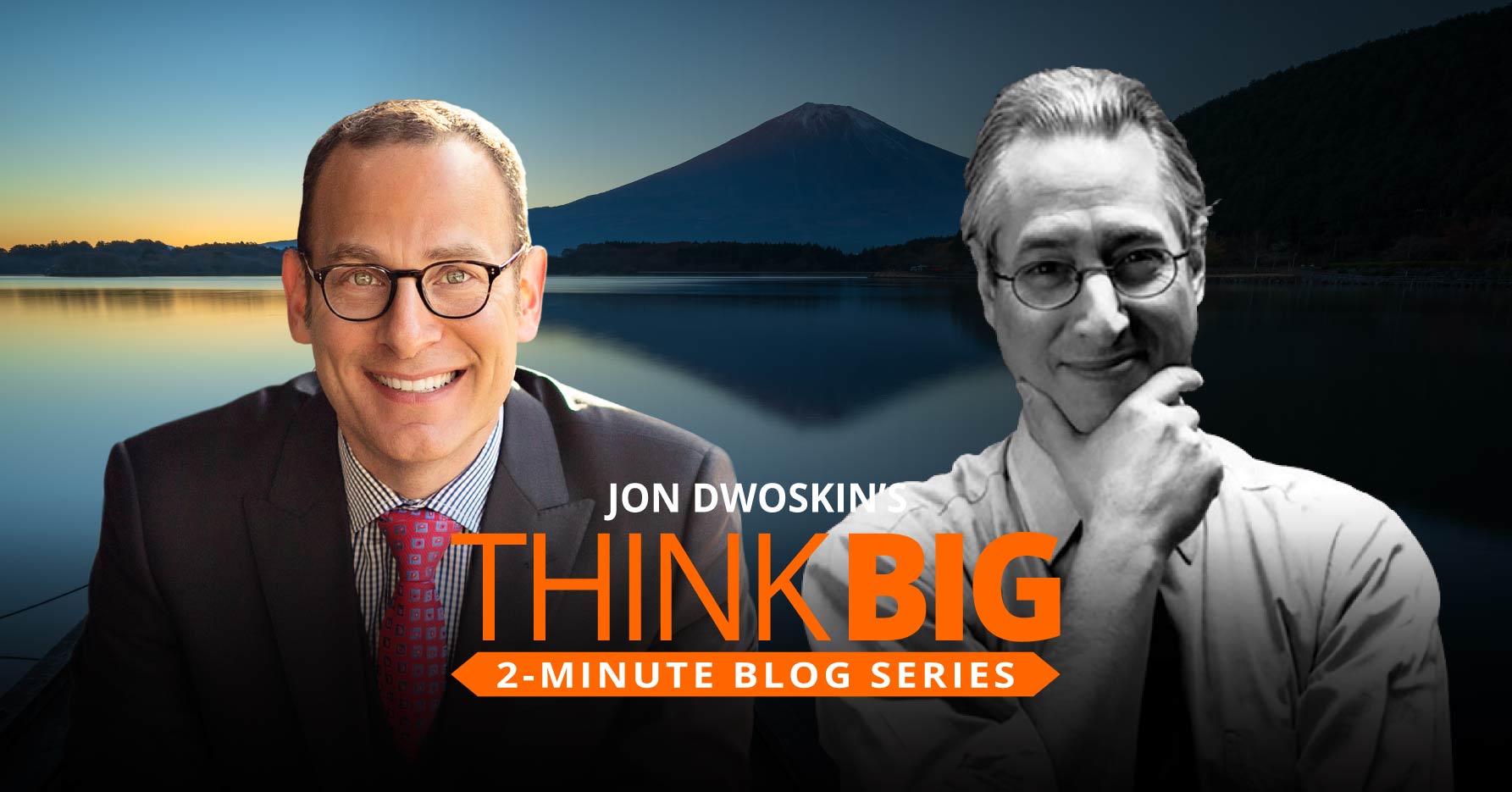
I had the opportunity to interview the remarkable writer, filmmaker and speaker, Joshua M. Greene. Joshua is a popular lecturer on Holocaust history and the spiritual quest, and an author whose biographies have sold more than half a million copies worldwide. His most recent book is “Unstoppable: Siggi B. Wilzig’s Astonishing Journey from Auschwitz Survivor and Penniless Immigrant to Wall Street Legend.”
Below is Part 1 of the highlights of our talk, edited for length and clarity.
Jon Dwoskin: How does someone become drawn to write about the Holocaust? It’s not easy research. What in your soul draws you attracts you to that period of life?
Joshua M. Greene: There’s different levels of answering that question. The first level is that I was teaching philosophy in yoga studios for many years. My background is the devotional yoga culture of India called Bhakti. People would come up to me, and say, “You’re such a spiritual guy. How do you reconcile your purposeful vision of the universe with what happened in Europe 70, 75 years ago?” I didn’t have a very good answer.
My grandmother from Poland was only one of two who survived in her family of about 20, but it wasn’t part of my upbringing. I didn’t think about it that much and we didn’t talk about it, ever. So I didn’t really have an answer to that question.
My wife’s late father, Alan Fortunoff, endowed the Yale University Holocaust Video Archive. He asked me, back in the late ’90s, if I’d help them with some work they needed. I had a background in film, and that kind of got me started. I discovered that video testimony is an important balance to paper documentation. It is said that papers don’t bleed. The video testimony of survivors is the most effective, the most powerful way of bringing those of us who were not there inside the experience of those who were, and it can be transformative.
Q: You have this deep spiritual piece of your DNA, of your soul, and when somebody asked you a question about yourself, you didn’t have the answer. You could have easily said, “I don’t know.” I am Jewish and have family that were Holocaust survivors, so this is very near and dear to my heart. What drove you to continually chisel away at this answer?
A: My good fortune was to have been raised by a mother who was a very progressive thinker. Someone who was, you might say, liberated before that was chic, and who really wanted me to have a good education. So she sent me to an ethical culture school in the Bronx called Fieldston.
Ethical culture you might describe as a non-theistic religion. It’s a belief in humanity. It’s the belief in the potential for humans to reach higher stages of evolution in thinking, in compassion, in behavior, in the world. Yet the history of the world is really quite different; it is not a history of compassion. In particular, the Holocaust is a failure of the human condition. Because I had always been encouraged to think big, and to dig deep, it puzzled me.
I didn’t know what to make of that. And I think, in some indirect way, it might have led to me at the age of 19 moving into a Hindu ashram and living 13 years in a kind of monastic environment, which really set me on a course for the rest of my life.
In fact, George Harrison and I studied with the same yoga teacher, and I wrote a biography of George as a thank you for his encouragement. That was a big part of my early life.
Q: Tell me about your mom. My mom was not only a great friend and a mother, but a huge mentor. Moms are just different than dads; they plant different seeds.
A: My mother died last October, a year ago. She was 95 and did not have one regret in her body. She was thrilled with her life. When she passed away, it was just the two of us at her apartment. There was a recording of nature sounds and on another CD player, I had Sanskrit mantras and chants going. Then, round her neck, I put wooden tulsi mala [sacred beads] and sprinkled some Ganges water on her head.
She left like the yogis. She had decided it didn’t make sense to just live inside a machine that kept breaking down all the time. We met with a hospice care person who said, “The only legal way you could do this is called VSED, Voluntary Stopping of Eating and Drinking.” Soon as she heard that, her eyes got big. That was it. That meeting was on Monday, and she was gone on Sunday. She stopped eating and drinking, and went into what I can only describe as a kind of Samadhi state. It was a beautiful thing to see. In India, they would call it an auspicious passage.
Q: So how’s a Jewish kid from the Bronx end up with such intense, in-depth spiritualness like you have? Where did that begin?
A: Well, if I were going to be cute about it, I’d say many lives back. There’s a verse in the Bhagavad Gita that says those who pursue their yogic practice, their spiritual discipline to a particular point in one lifetime but who don’t complete that course for whatever reason, it stops up, they’re detoured. They become disenchanted for whatever reason. In their next birth, they pick up.
If you make a 50% progress on your path this life, in your next life you’ll start at 51%. It’s never lost. So there was some acknowledgement of something familiar when I met my teacher, Bhaktivedanta Swami, back in 1969. We’re not directly addressing your questions, either about business or the Holocaust, but it is the background to the answers to those questions.
Q: You come into this world, things feel familiar. Now 1969 comes, and the seed has been replanted.
A: I was studying literature at the Sorbonne in Paris, and on the Christmas break in ’69, I went to London. Someone had said, “Why didn’t you go visit the Krishna Ashram? There’s a beautiful temple.” So I did, and it was exquisite. They were serving a vegetarian lunch, so I sat down and they asked me about myself. There was a group of 12 or 15 young men and women in robes and traditional Tilak face marking. I said, “I’m a student in Paris. And I play organ in a student band.”
As soon as I said that, their eyes got big. They said, “Whoa, come with us.” So we scurry up the stairs and they throw me into their Volkswagen mini-bus, which was the most dangerous vehicle that’s ever been allowed on the streets. We started rocking and rolling down Oxford Street, and I say, “Where are we going?” They said, “You’ll see.” We show up at an elegant street called Savile Row. We’re looking at a door with a Number Three on it. Anyone from the postwar Baby Boom era knew that Three Savile Row was Beatles headquarters. What’s going on here?
We walk in the door, go downstairs, and it’s the Apple Studio’s recording room and there’s George Harrison. They talk to him a little bit and he walks over and says, “I understand you play organ.” So he hands me a harmonium, this little Indian hand-pumped keyboard instrument, and says, “Just play along.” They were recording an album of Indian devotional music. So I’m sitting away, picking up on the melody and jamming on this harmonium, and I’m thinking to myself, “Okay. If I stay with these people I get God and the Beatles, so I’m in.” And I ended up staying in ashrams for 13 years, and then came back.
I was 32. I’d lost that whole decade. Whatever happened in the ’70s, Bruce Springsteen, I had no idea. I came back and found work in a children’s film studio. So I got my feet into the film business, working with children’s picture books and making animated films for them. I loved that, then segued into documentaries when I married. My father-in-law introduced me to the Yale Holocaust Video Archive, and then I started writing biographies of survivors. That’s a bit of the linear trajectory.
Q: Tell me about your relationship with God during that time.
A: I didn’t have a relationship with God. I was raised in a very agnostic, secular home. My mom was fantastic. She was my best friend. I liked your description of your relationship with your mom. This was a being who came into the world, who played this role to perfection.
Bottom line is, it was the ’60s. The world was just in a state of turmoil and young people were looking for all kinds of alternative paths. So moving into an ashram, chanting on beads, becoming vegetarian, all that stuff really wasn’t such a stretch. But it wasn’t about God. I mean, to this day, I don’t consider myself religious. God, I find dangerous. Krishna, and the notion of Bhakti and the idea of consciousness, as having a personal dimension? I’m all over that.
In Part 2 of my interview with Joshua, we discuss how he tapped into changing his consciousness to get where he wanted to be, knowing your worth, how he came to write about Siggi B. Wilzig’s remarkable story as a Holocaust survivor and business success, and more.
Until then, keep THINKING BIG!
– Jon
Listen to my full Exclusive with Joshua M. Green

